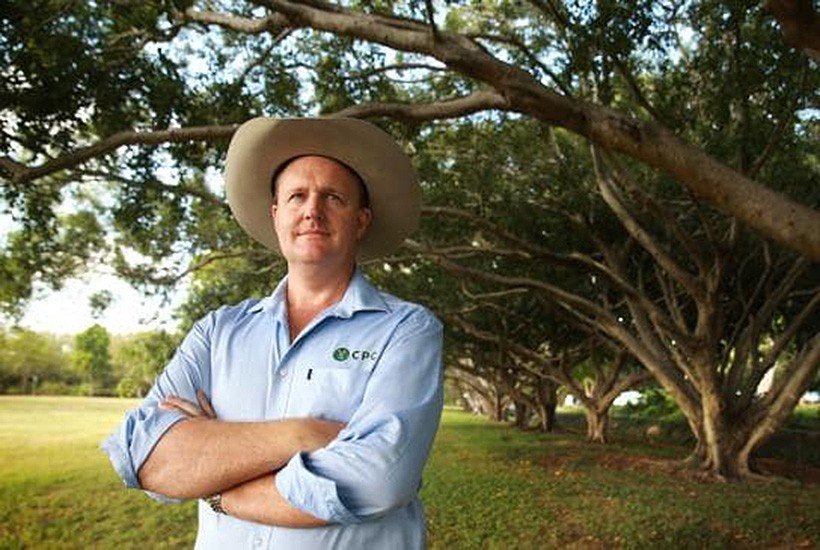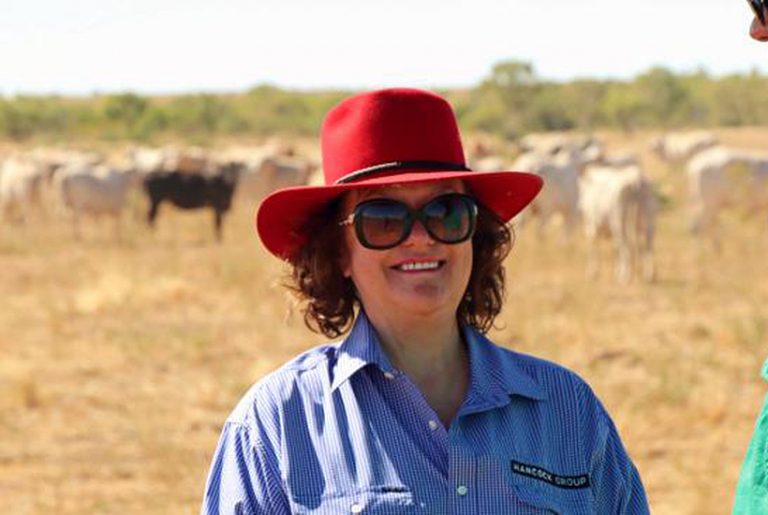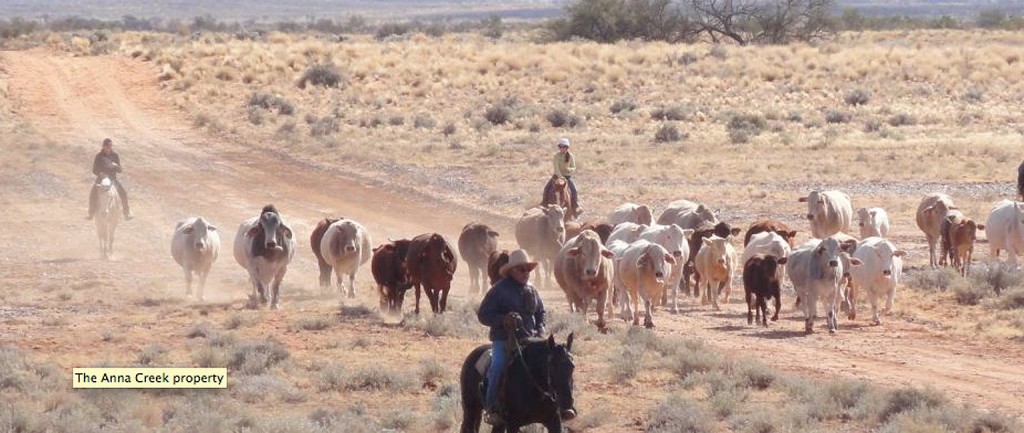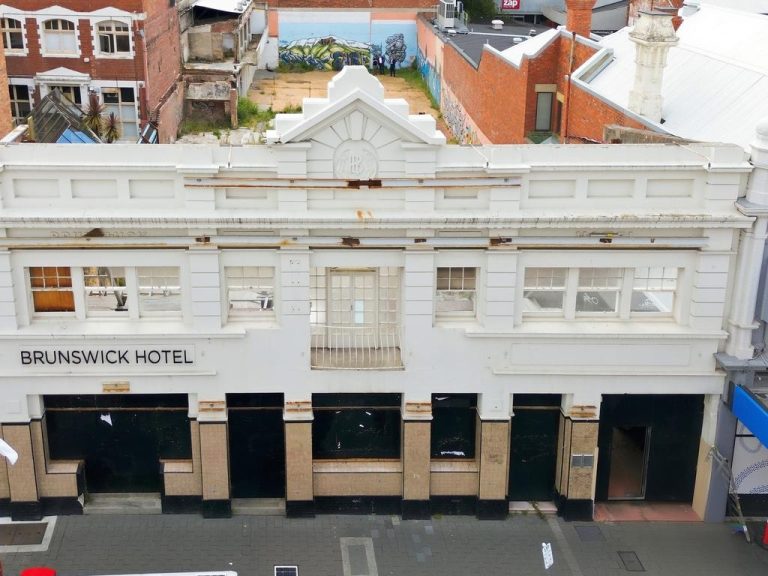Buyers clamour for $1bn outback empire

The sale of one of Australia’s biggest agricultural empires has begun.
Open bidding for the 16 vast northern cattle stations, a herd of 400,000 cattle and a major Indonesia cattle fattening division of the Consolidated Pastoral Company is under way.
The private CPC cattle kingdom, once owned by the Packer family but for the past nine years by Britain-based Terra Firma private equity group, has a staggering price tag of $1 billion attached.
Commercial Insights: Subscribe to receive the latest news and updates
The stations cover 5.5 million hectares of some of Australia’s most prized cattle country in the WA Kimberley, Northern Territory and Queensland.
Frenetic action around the sale is being compared to the $386 million disposal of the much bigger, but less valuable, Kidman cattle and land empire two years ago.
But CPC chief executive Troy Setter is keen to distance his company from too many comparisons with the chaotic Kidman sale, which took nearly two years and was twice vetoed to Chinese buyers by the federal government on national security grounds.
The process has been designed to make sure that potential Australian buyers are given every fair opportunity to participate
It was finally sold to a joint venture company two-thirds owned by Australia’s richest woman, Gina Rinehart, together with a Chinese partner, property developer Shanghai CRED, owned by Gui Guoji.
Setter told The Australian there is already keen interest from Australian bidders for his company and its portfolio of prized properties, which include such legendary outback names as Auvergne station (WA), Wrotham Park and Isisford Downs (Queensland) and Newcastle Waters (NT) and that he wanted bidding to be fair and open.
“The process has been designed to make sure that potential Australian buyers are given every fair opportunity to participate,” Setter says.
“(Terra Firma) has been engaged with potential Australian buyers even before these ads, which are part of FIRB compliance, were placed, and we already have very good local engagement.
“While it is too early to tell who might end up (buying CPC) after just week three of a long sale, there is already no shortage of interested Australian parties.”
Goldman Sachs will oversee the sale, which is expected to take more than six months. It will be done in three stages.
Interested companies and individuals will be provided with some basic financial information about CPC, will be asked to sign a non-disclosure agreement and then will submit a non-binding indicative bid.
This list of contenders will be whittled down to a short list by Goldman Sachs, which will have access to a full data room of financial information.
While it is too early to tell who might end up (buying CPC) after just week three of a long sale, there is already no shortage of interested Australian parties
Stage three is likely to involve final negotiations with the remaining parties, who by then will have gained Foreign Investment Review Board or Australian Competition & Consumer Commission clearance, if required.
The company, whose assets are valued at $900 million as separate properties and $1 billion as a whole, can be sold together, or as separate stations.
The company holds an 80% interest in Juang Jaya Abdi Alam, which owns and operates two feedlots in Indonesia that contribute about one third of CPC’s profits.
CPC has a primarily export focus.
Half of its cattle output, which are a mix of angus, wagyu and brahman bloodlines, is sold live to Indonesia, and half is processed in southern Queensland for sale as bulk “boxed beef”.
Setter says Terra Firma has owned CPC for nine years, invested $50 million in its existing stations and has spent another $75 million buying more properties.
This article originally appeared on www.theaustralian.com.au/property.







